 M. Scott Douglass, publisher and editor of Main Steet Rag, is one of the most doggedly and passionately persistent people I know, especially when it comes to poetry. His efforts turned a bit more political this past year with the controversy surrounding the annual appointment of North Carolina’s Poet Laureate. In Scott’s words:
M. Scott Douglass, publisher and editor of Main Steet Rag, is one of the most doggedly and passionately persistent people I know, especially when it comes to poetry. His efforts turned a bit more political this past year with the controversy surrounding the annual appointment of North Carolina’s Poet Laureate. In Scott’s words:
“In Mid-July, North Carolina Governor Pat McCrory bypassed the established protocol for selecting [former Poet Laureate Joseph Bathanti’s] replacement in the position of NC Poet Laureate. An internet donnybrook ensued because his selection seemed out of touch with the state’s writing community. A spokesperson from the governor’s office said the position was largely symbolic, didn’t require qualifications, and called those who were complaining ‘elitists.’ The governor’s selection for Poet Laureate then resigned. No replacement has been named. National news was made.”
It turns out that Lisa Zerkle had just finished an interview with Bathanti for this issue of MSR during the news of this controversy, but said Bathanti didn’t seem ready to talk about it yet. Scott would not be deterred when he later saw Bathanti would be speaking publicly on the issue. He attended the meeting, asked his own questions, then ask Bathanti if he would be willing to do a follow up on the issue with Zerkle. Bathanti agreed, and the resulting interview is published in this issue, with several pages devoted to the governor’s treatment of the role of Poet Laureate.

 Author Laura van den Berg has been selected to receive the annual
Author Laura van den Berg has been selected to receive the annual  As part of
As part of 

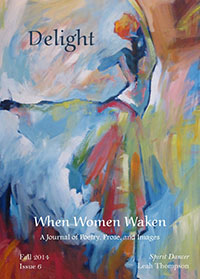
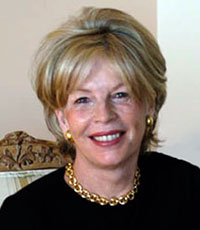 With a few credentials under her belt, including former Editor-in-Chief of William Morrow, Executive Editor of Harper Collins, and Executive Editor of Delacorte Press, Betty Kelly Sargent offers writers succinct and sound advice in her feature essay “What Good Editors Do and How To Find One.” It can be read in the Fall 2014 online issue of
With a few credentials under her belt, including former Editor-in-Chief of William Morrow, Executive Editor of Harper Collins, and Executive Editor of Delacorte Press, Betty Kelly Sargent offers writers succinct and sound advice in her feature essay “What Good Editors Do and How To Find One.” It can be read in the Fall 2014 online issue of 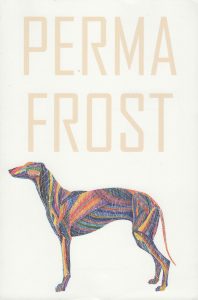
 The Fall 2014 issue of
The Fall 2014 issue of 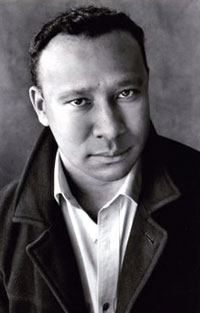 The most recent issue of
The most recent issue of 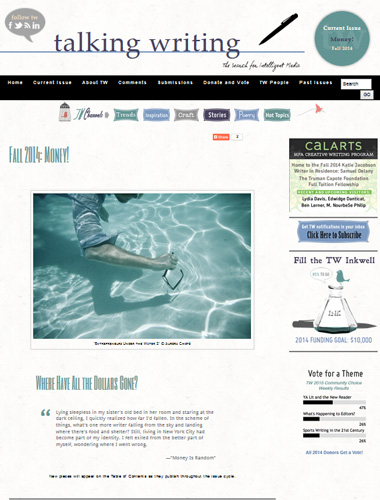
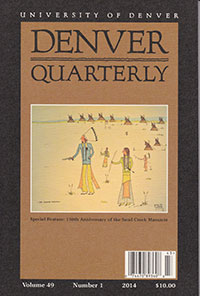 The newest issue of
The newest issue of 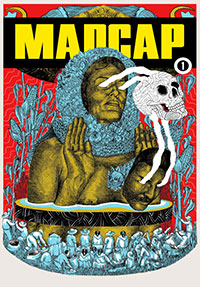
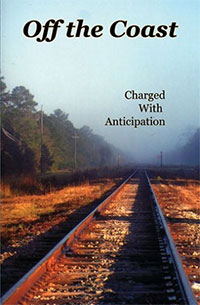 This photograph, “Longings,” by Malinda Fillingim graces the cover of the Fall 2014 poetry journal
This photograph, “Longings,” by Malinda Fillingim graces the cover of the Fall 2014 poetry journal 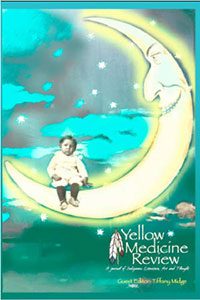 As a lifetime fan of the movie, Paper Moon, I was of course struck by this image Fall 2014 cover image for
As a lifetime fan of the movie, Paper Moon, I was of course struck by this image Fall 2014 cover image for 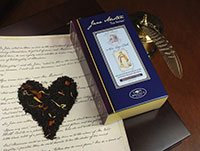
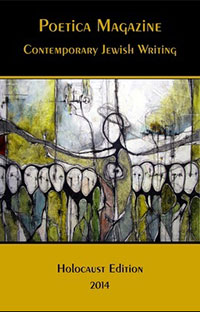 Although the fall edition of
Although the fall edition of  Revealing the interiority of a character in a way that feels natural, yet resonates powerfully within a reader is one of the most difficult tasks of the fiction writer. Considering how powerful that emotional connection between reader and character can prove to be, and how empty a story can feel without it, it’s vital that the writer bridge the distance between reader and character in ways that are subtle rather than clumsy.
Revealing the interiority of a character in a way that feels natural, yet resonates powerfully within a reader is one of the most difficult tasks of the fiction writer. Considering how powerful that emotional connection between reader and character can prove to be, and how empty a story can feel without it, it’s vital that the writer bridge the distance between reader and character in ways that are subtle rather than clumsy.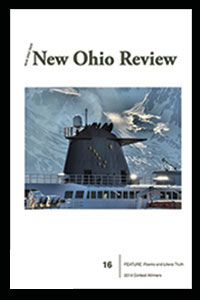 Issue #16 / Fall 2014 of
Issue #16 / Fall 2014 of 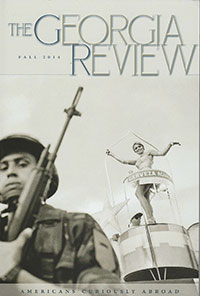 Americans Curiously Abroad is the feature in the Fall 2014 issue of
Americans Curiously Abroad is the feature in the Fall 2014 issue of  From
From 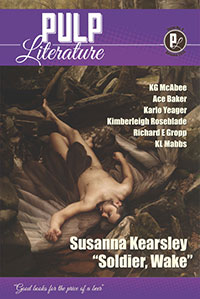 The most recent issue of
The most recent issue of 
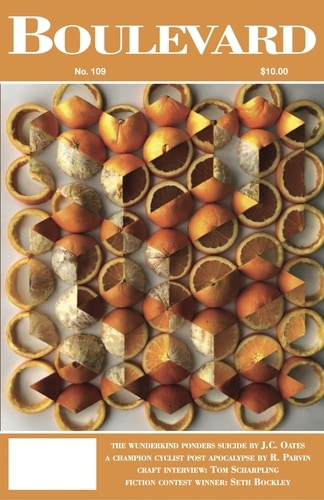
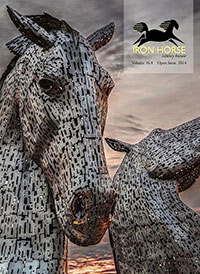
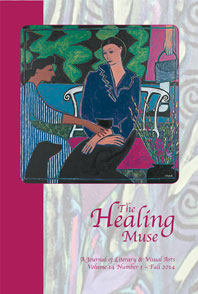 I love the concept of
I love the concept of 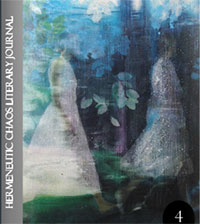
 This is our 500th weekly column, and we want to thank the newspapers who publish us, the poets who are so generous with their work, our sponsors The Poetry Foundation, The Library of Congress, the University of Nebraska-Lincoln English Department, and our many readers, in print and on line.
This is our 500th weekly column, and we want to thank the newspapers who publish us, the poets who are so generous with their work, our sponsors The Poetry Foundation, The Library of Congress, the University of Nebraska-Lincoln English Department, and our many readers, in print and on line.